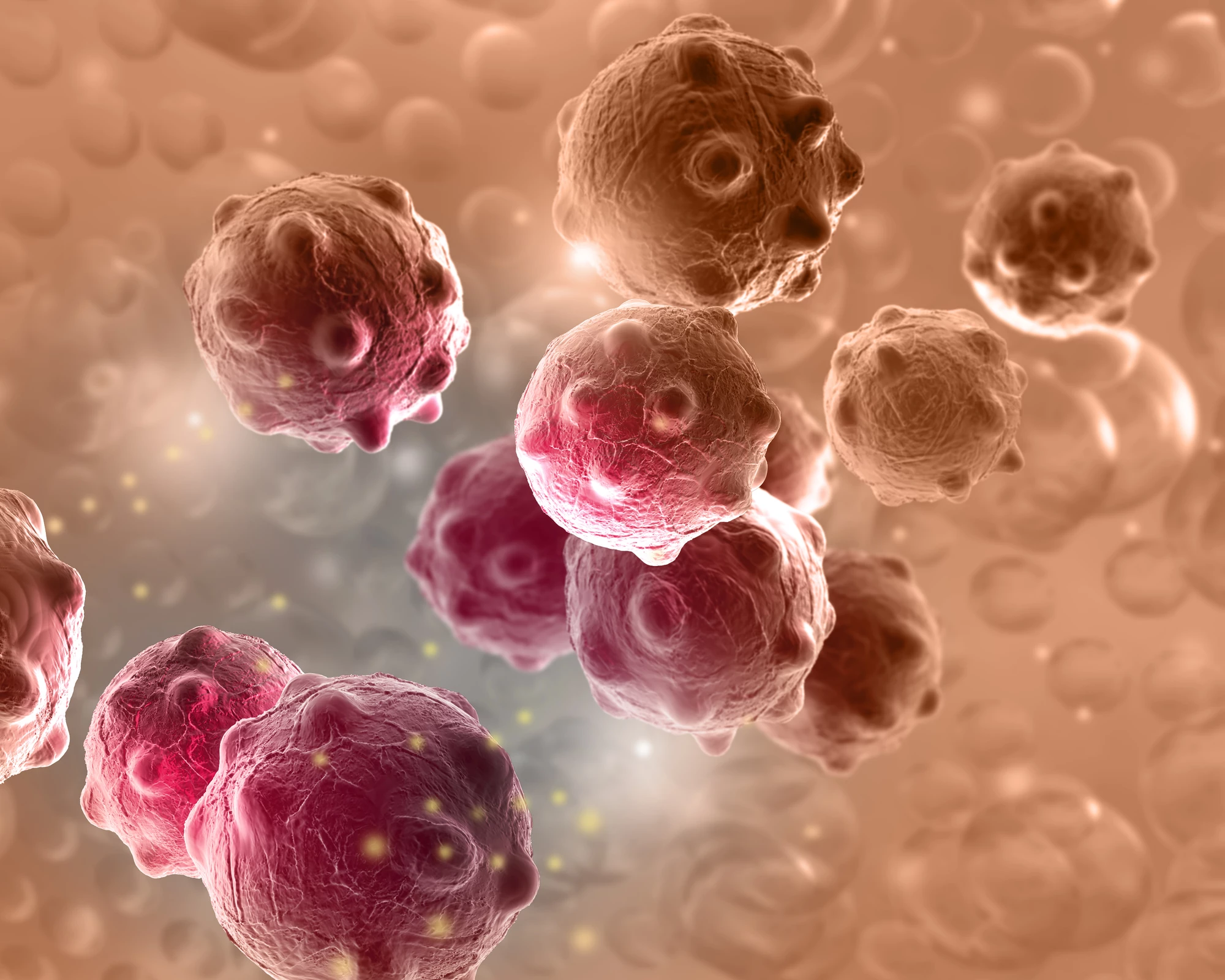Scientists investigating the way a certain type of fat behaves in response to cold have made a discovery that could have ramifications for cancer treatment. The breakthrough centers on the way the body metabolizes glucose, and hints at the possibility that chilly temperatures can help starve tumor cells of a vital fuel source they need to thrive.
The research was carried out by scientists at Sweden's Karolinska Institutet and focuses on what's known as brown fat. Distinct from the persistent white fat that stores extra energy as lipids to form love handles and beer bellies, brown fat readily burns away energy to keep the body warm in colder temperatures.
The thinking behind this new study was to explore the way activation of brown fat may impact on tumor growth, which relies heavily on glucose. The experiments began with mouse models of various cancers, with the rodents exposed to both cold and warm temperatures. Mice kept at 4 °C (39.2 °F) exhibited far slower tumor growth and lived nearly twice as long as mice living in rooms at 30 °C (86 °F).
Analysis of tissues, cellular reactions and glucose metabolism showed that the colder temperatures drove significant uptake in glucose in the brown fat tissue. Meanwhile, glucose signals could barely be detected in the tumor cells. Follow up experiments in which the scientists removed the brown fat or hampered its function essentially eliminated the cancer-fighting effects of the cold temperature exposure and enabled the tumors to grow at normal pace. Feeding the mice sugary drinks had a similar effect.
“Interestingly, high sugar drinks seem to cancel out the effect of cold temperatures on cancer cells, suggesting that limiting glucose supply is probably one of the most important methods for tumor suppression," says study author Professor Yihai Cao.
The team did find some evidence that similar effects could be at play in humans. Subsequent experiments involving a small group of healthy subjects and one cancer patient produced similar results, with lower glucose uptake observed in tumor cells at lower temperatures, of around 22 °C (71.6 °F).
“We found that cold-activated brown adipose tissue competes against tumors for glucose and can help inhibit tumor growth in mice,” said Cao. “Our findings suggest that cold exposure could be a promising novel approach to cancer therapy, although this needs to be validated in larger clinical studies.”
The research was published in the journal Nature.
Source: Karolinska Institutet




